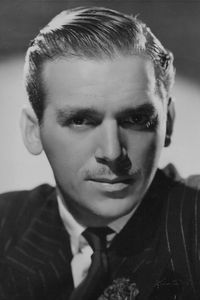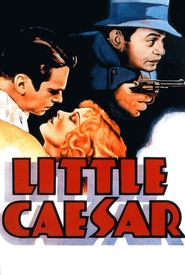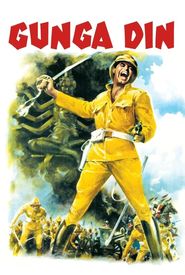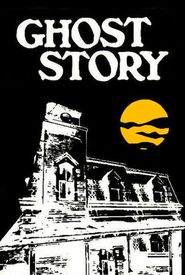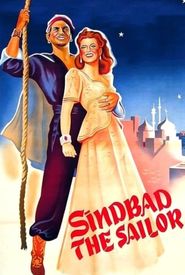Douglas Fairbanks, Jr. was born Douglas Elton Fairbanks, Jr. in New York City, New York, to Anna Beth (Sully) and actor Douglas Fairbanks, who was not yet established as the swashbuckling idol he would become. Fairbanks, Jr. had German Jewish, English, and Scottish ancestry.
He was a gifted boy from an early age and remained a multi-talented, hyperactive man throughout his life. He was handsome, distinguished, and extremely bright, excelling at sports and academics. He attended the Military Academy in 1919 and the Lycée Janson de Sailly in Paris, where he developed a taste for the arts and became a painter and sculptor.
Fairbanks, Jr. was not content to limit himself to one field and became involved in business, with ventures including mining, hotel management, and owning a chain of bowling alleys and a popcorn manufacturing firm. During World War II, he headed London's Douglas Voluntary Hospital and was President Franklin D. Roosevelt's special envoy for the Special Mission to South America in 1940.
He served as a lieutenant in the Navy, was promoted to captain in 1954, and took part in the Allies' landing in Sicily and Elba in 1943. He was knighted in 1949 and often entertained Queen Elizabeth II and Prince Philip in his London mansion, "The Boltons".
Fairbanks, Jr.'s film career began at the age of 13 when he was signed by Paramount Pictures. He debuted in Stephen Steps Out (1923) but the film flopped, and his career stagnated until he married Lucille Le Sueur, who was soon to become better known as Joan Crawford. The couple became the toast of the town, and good parts and success followed, including roles in Little Caesar (1931),The Prisoner of Zenda (1937),and Gunga Din (1939).
After World War II, his star waned, and he did not appear in a major movie. He left this world with the satisfaction of having lived up to the Fairbanks name at the end of a life nobody could call "wasted".
